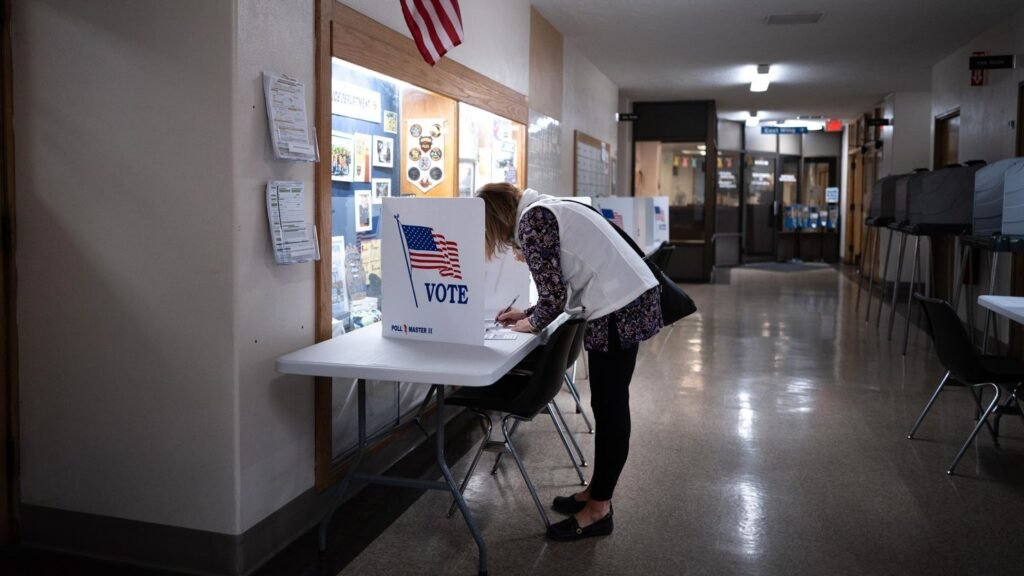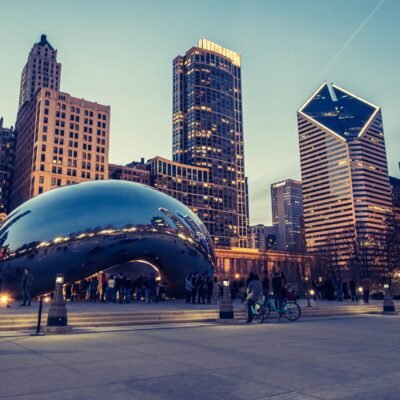The political landscape in Wisconsin is set for a dramatic shift as voters head to the polls for a crucial special election. With control of key legislative seats hanging in the balance, both Democrats and Republicans are pulling out all the stops to secure victory. The outcome of this election could shape Wisconsin’s policies on education, healthcare, and voting rights, making it one of the most closely watched races in the nation.
Why This Election Matters
Special elections often carry outsized political significance, and this one is no different. With razor-thin margins in the state legislature, a single seat flip could determine the balance of power. The stakes are high, and political analysts are already speculating about how the results will influence the 2026 gubernatorial race and even the next presidential election.
Both parties have poured millions into campaign ads, get-out-the-vote efforts, and grassroots organizing. While Democrats hope to gain ground in historically conservative districts, Republicans are aiming to defend their strongholds and maintain their legislative control.
Key Races and Candidates
One of the most closely watched races is for Wisconsin’s 8th Senate District, where a Republican incumbent is facing a strong Democratic challenger. Recent polling suggests a tight race, with independents likely to play a decisive role in the outcome.
Another critical contest is for the 37th Assembly District, where a crowded field of candidates is vying for an open seat. The district, which has swung between both parties in recent elections, is considered a bellwether for the state’s political mood.
Major Issues Driving Voter Turnout

Voters in Wisconsin are energized by several hot-button issues, including:
- Abortion Rights: With the recent legal battles over Wisconsin’s 1849 abortion law, reproductive rights have become a defining issue in the race. Democrats are pushing for expanded protections, while Republicans seek to uphold restrictions.
- Election Integrity: After years of debates over election laws, both parties are framing this special election as a referendum on voting rights and election security.
- Education Funding: Disputes over school funding and curriculum have also fueled campaign rhetoric, with candidates offering starkly different visions for Wisconsin’s education system.
Turnout and Voter Enthusiasm
Historically, special elections see lower voter turnout compared to general elections. However, early voting numbers suggest an uptick in engagement, indicating that both parties have successfully mobilized their bases. Analysts predict that suburban and rural voters will be key in determining the final results.
What’s Next?
With results expected to come in late Tuesday night, all eyes will be on Wisconsin. A win for Democrats could signal a shift in momentum heading into the next election cycle, while a strong Republican showing would reinforce their hold on the state legislature.
No matter the outcome, this special election is a reminder of Wisconsin’s pivotal role in national politics. The results will not only shape state policy but also provide insight into the broader political landscape as the country gears up for another contentious election season.





